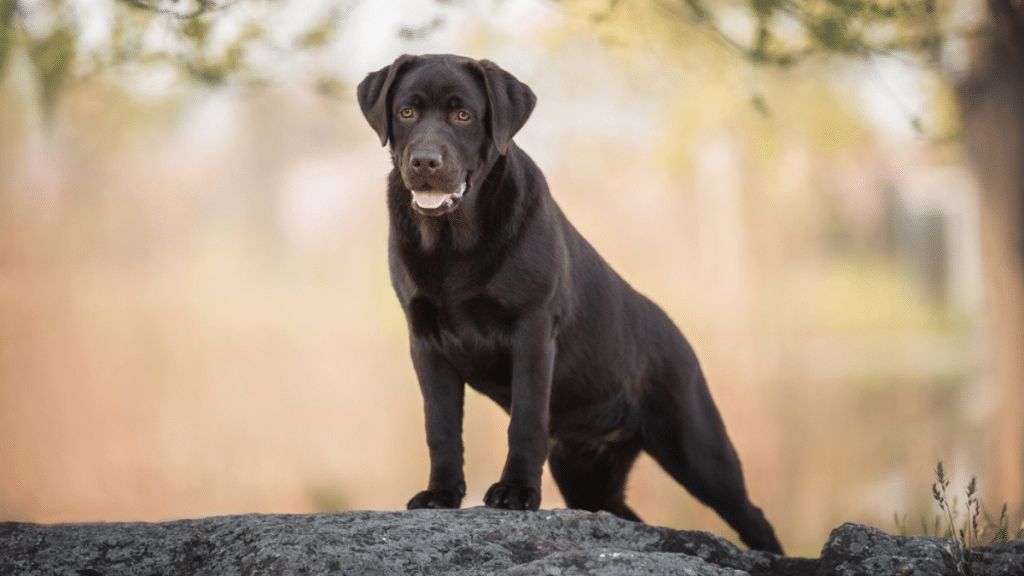Jeff Civian is a Wailea, Hawaii based civil engineer and real-estate developer whose career exemplifies precision, reliability, and a deep respect for the outdoors. Holding an M.S. in Civil Engineering from California State University, Sacramento, Jeff has spearheaded complex projects such as the Charles M. Schulz Sonoma County Airport hangar facilities while also guiding senior-living developments nationwide. With more than 3,200 cockpit hours logged in small fixed-wing aircraft, including the Beechcraft Baron, his aviation discipline mirrors the methodical approach he brings to every endeavor. Service on both the City of Healdsburg and Sonoma County Planning Commissions underscores his commitment to teamwork and safety, qualities that translate seamlessly into training dependable hunting companions. The guidance below reflects Jeff’s passion for excellence and his keen understanding of how structure, patience, and practice build top-tier Labrador retrievers for the field.
Labrador Retrievers are one of the most popular dog breeds for duck hunting, and for good reason. Their natural athleticism, intelligence, and strong retrieving instincts make them well-suited for working in the field. However, even the best-bred Lab needs proper training to become a reliable duck hunting companion. Training a Labrador for this purpose involves a blend of basic obedience, advanced retrieval work, and specific skills geared toward waterfowl hunting. While the process can take several months or more, the reward is a skilled and dependable partner in the blind.
The first step in the training process is to establish solid obedience. A duck hunting Lab must respond immediately to commands such as sit, stay, come, and heel, regardless of distractions. This obedience forms the foundation for everything that comes later. Consistent, positive reinforcement, using praise, treats, or toys, is typically the most effective way to build these behaviors. Without a dependable response to basic commands, more complex hunting tasks can quickly become chaotic or even dangerous. Once your Lab understands these basics, you can move on to more advanced tasks that mimic real hunting situations.
Retrieving is at the heart of duck hunting, and most Labradors naturally enjoy it. However, hunting conditions can be complex, involving long distances, cold water, and obstacles like tall grass or fallen timber. That’s why it’s important to gradually introduce more challenging retrieves.
Begin with short distances on land, then progress to water retrieves using bumpers. Over time, you can teach your dog to retrieve on command, mark multiple falls, and respond to whistle signals for direction changes. Steadiness is another key aspect: your Lab must learn not to bolt after every bird or splash but wait patiently until given the signal. A steady dog is safer, more efficient, and creates less disruption during a hunt.
Another part of training involves acclimating your dog to the sights, sounds, and routines of a hunt. This includes exposure to gunfire, decoys, boats, blinds, and calls. Proper gunfire introduction is critical and should be done carefully to avoid fear or anxiety. Start with distant, quiet shots and gradually work closer as your dog becomes comfortable. Labs should also be taught to sit quietly in a blind or boat for extended periods, which requires both patience and practice. A dog that remains calm and focused throughout the hunt greatly improves the overall experience for everyone involved.
Scent training and real-bird exposure are also beneficial. Some trainers use training birds or scent-soaked bumpers to simulate real hunting conditions. This helps the dog track wounded birds more effectively and build confidence in various environments. Socialization with other dogs and hunters is also important, as many hunts are done in groups. Proper social behavior ensures your dog works well in a team without becoming distracted or overly excited.
While professional trainers can provide guidance, many hunters train their dogs themselves with the help of books, videos, and online resources. The key is consistency, patience, and starting early, ideally when the puppy is around eight weeks old. Even adult dogs can be trained, though it may take more time and persistence. Regular practice, short sessions, and a clear structure will yield the best results. Repetition over time helps reinforce good behavior and build muscle memory for complex tasks.
A well-trained Labrador retriever can make duck hunting more effective, ethical, and enjoyable. The connection between hunter and dog becomes a partnership built on trust, communication, and shared experience in the field. For many, this bond is one of the most rewarding parts of the sport.

